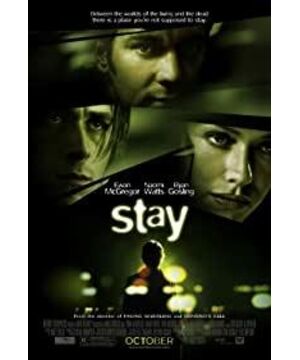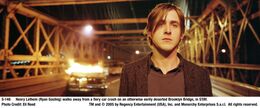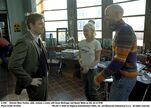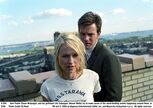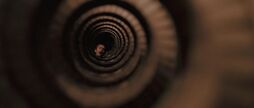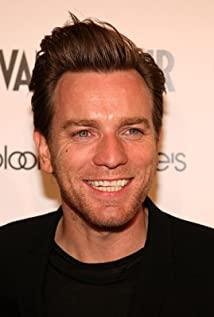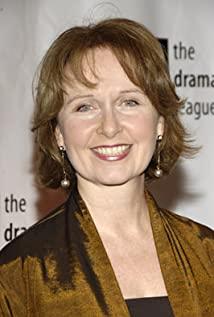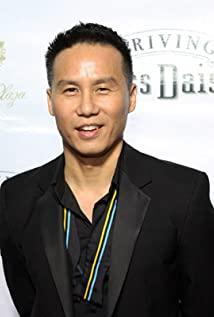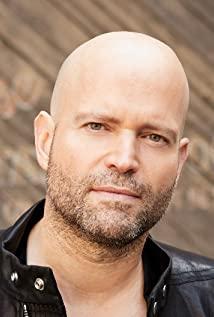The camera cuts and scenes of the whole film are full of dreamlike unreality, and finally on the Brooklyn Bridge, when Herry, who was injured in the car accident, lay down on the ground, the mystery was finally revealed for the previous preparations.
The generally accepted explanation is that the story about the psychiatrist Sam is a dream of Herry's dying days, and the dream reflects Herry's guilt, self-blame, and hope to change the outcome of her own car accident for indirectly killing her parents. That's how I feel at the end of the credits too.
Feeling that in a dream, Herry divided herself into two corners of psychiatrist Sam and patient Herry. On the one hand, the dream unfolds from Sam's perspective, reflecting Herry's desire to escape real memories of herself, having the ability and identity to save Herry and change the ending like Sam in the dream. The reason for choosing Sam's image and name is that Sam is the person who has the power to rescue him at the last moment of his injury, which is also in line with the identity of Sam in the dream. On the other hand, Herry's subconscious also makes him always know the fact that he is Herry, so in the dream, Sam's girlfriend will call him Herry by mistake, and Herry's mother will hold him and read her son. These are all things that drive Herry to face the most feared fact: his true identity, his true experiences.
This seems to make sense, but at the end of the film, before the doctor Sam invites the nurse Lila for coffee, those scenes flash back and are still confusing, whether this is the picture that flashed in Sam's mind or a prank by the director ? If it is the former, then whose dream is it? The just-clarified plot has become confusing again, but considering the rationality and common techniques, I still tend to think that this is the last time the director played tricks on the audience. Of course, I am more looking forward to the master's explanation.
View more about Stay reviews


